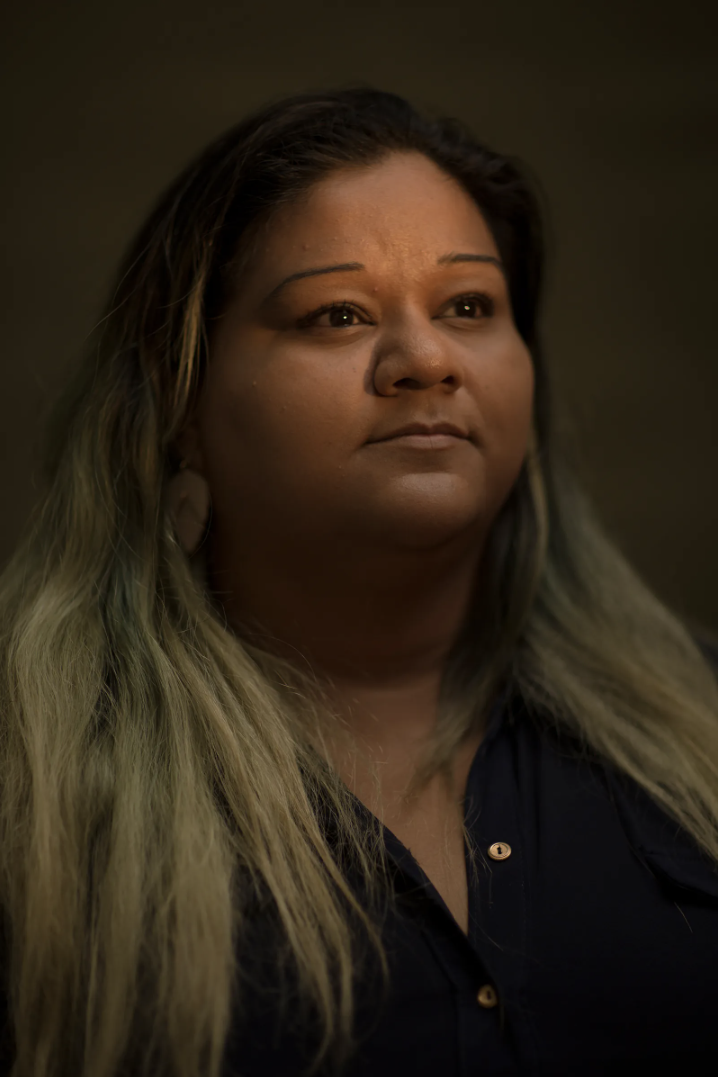Fighting for the Right to Come and Go
In Mexico, return-migrant activists are asserting their ‘pocha’ heritage and working to end legal and cultural exclusion
The New Yorker, April 8, 2023
“In high school, Flores was ‘the typical overachieving Dreamer,’ she told me. Flores, who later went to law school, speaks in an artful and often wry mixture of Mexico City Spanish, Southern American English, and legalese. In her town, she said, ‘Everyone knew who I was, because I was both valedictorian and Mexican! It’s a little racist that they thought it was strange you could be both,’ she added. ‘But, also, by then all the cool kids on the soccer team were Mexican, which added to my coolness.’ During her senior year, Flores was offered a full scholarship to college. Then the school called her with bad news: they couldn’t give her the scholarship because she was undocumented. There was, however, a fix: she just had to go to Mexico and apply for a student visa. She got on a plane, taking with her a month’s worth of clothes. Before she left, she consulted with a lawyer, who told her that she needed a sponsor who would act as a guarantor for her living expenses while she was a student. She found one. But once she was back in Mexico, the sponsor fell through. ‘Suddenly I was in exile,’ she told me.“
In Mexico, return-migrant activists are asserting their ‘pocha’ heritage and working to end legal and cultural exclusion
The New Yorker, April 8, 2023
“In high school, Flores was ‘the typical overachieving Dreamer,’ she told me. Flores, who later went to law school, speaks in an artful and often wry mixture of Mexico City Spanish, Southern American English, and legalese. In her town, she said, ‘Everyone knew who I was, because I was both valedictorian and Mexican! It’s a little racist that they thought it was strange you could be both,’ she added. ‘But, also, by then all the cool kids on the soccer team were Mexican, which added to my coolness.’ During her senior year, Flores was offered a full scholarship to college. Then the school called her with bad news: they couldn’t give her the scholarship because she was undocumented. There was, however, a fix: she just had to go to Mexico and apply for a student visa. She got on a plane, taking with her a month’s worth of clothes. Before she left, she consulted with a lawyer, who told her that she needed a sponsor who would act as a guarantor for her living expenses while she was a student. She found one. But once she was back in Mexico, the sponsor fell through. ‘Suddenly I was in exile,’ she told me.“

Photos by Ana Hop for the New Yorker

